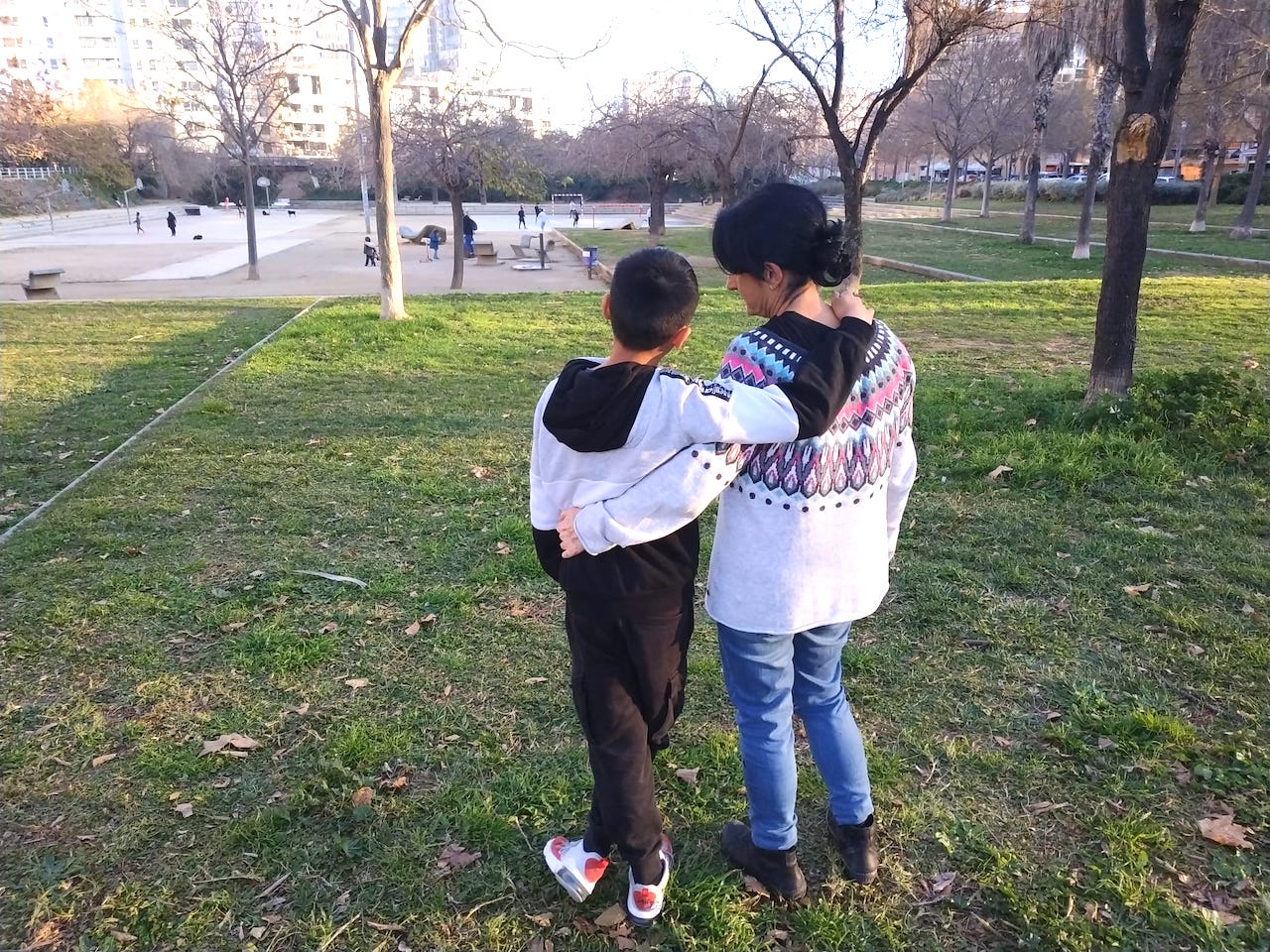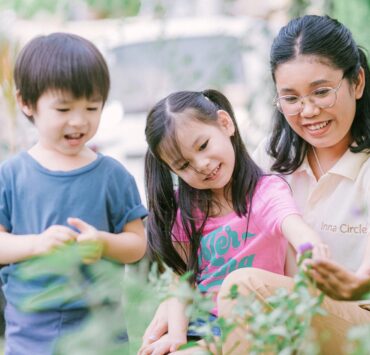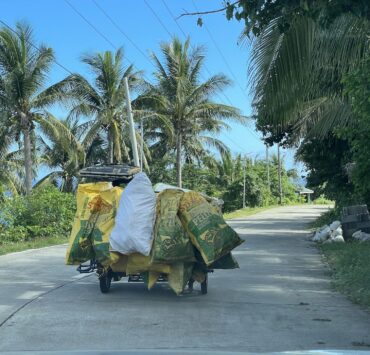The Philippines has probably one of the strictest adoption laws. A Spanish mother tells the story of her third child, and her experience in adopting in the Philippines.
“You don’t wake up one morning and then ask the social worker for a kid to adopt. Ours was an idea that had been with us for seven years. We had thought of this even before we had our two biological children,“ explains *Ester on why she and her husband decided to adopt a child.
In early 2011, when their sons were five and two years old, they finally felt ready to welcome another member to their family. “My sons had been raised knowing that they had a brother from another place.”
After taking a series of psychological tests, seminars and interviews at the El Institut Català de l’Acolliment i l’Adopció (ICAA), a government adoption board in Catalonia, Ester and her family were granted the Idoneidad in December 2011, which certified them capable and suitable to adopt a child. Their application was processed through the Department of Social Welfare and Development in Manila, the Catalan adoption board and a certified international adoption agency in Barcelona.
They originally looked into the possibility of an international adoption in China or a local one in Spain. That year though, both countries had temporarily stopped accepting applications. Adopting in the Philippines was never considered at the start, but Ester is glad that they eventually did.
“The Philippines is the most demanding country in the world as far as adoption is concerned. But it is very transparent and organized.”
While waiting, they had to renew their application every year, update their personal information, send photo albums to be sure they hadn’t changed their minds.
“Every night, I dreamt of my child on the other side of the world.”
“Ester”, a Spanish mother who adopted in the Philippines
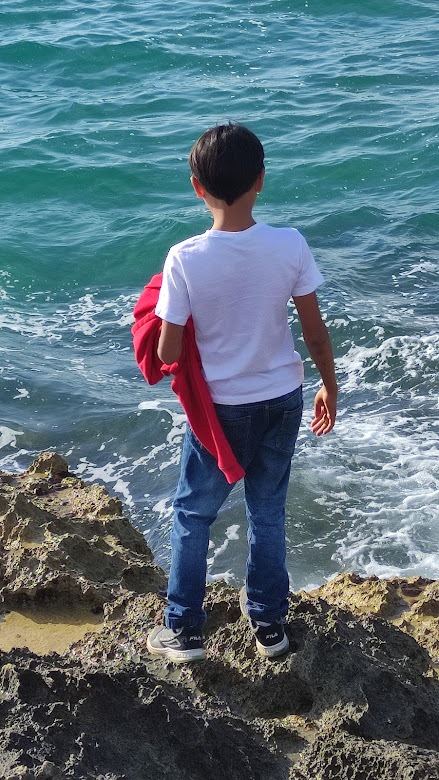
Dreaming of her son
One afternoon in 2014, Ester’s phone rang. A call from the adoption agency in Barcelona. “Are you sitting down, the woman asked me, because you have now been assigned a 4-year old boy.” Ester had to sit down and burst into tears. “She asked me if I would like to know his name? I said yes, of course I do!” Upon hearing about the big news, his sons ran to their father, shouting, “Papa, papa, we have a boy! His name is James!”
Ester remembers the first time he saw James from the photos sent by the orphanage. “He was so handsome. He was sitting on a swing beside a nun in a garden. Another photo showed James standing beside a growth chart ruler on the wall.”
Ester applied for family reunification or the reagrupación familiar certifying that James is part of their family. James´ Spanish visa came next. “I made him a crocheted teddy bear as a gift which he still has.” At the same time, the people at the orphanage were preparing James, telling him about his new family.
When a strong typhoon hit the Philippines, Ester couldn’t stay put. She wanted to contact the orphanage but was not allowed to.
“The Philippines is the most demanding country in the world as far as adoption is concerned. But it is very transparent and organized.”
“Ester”, a Spanish mother who adopted in the Philippines
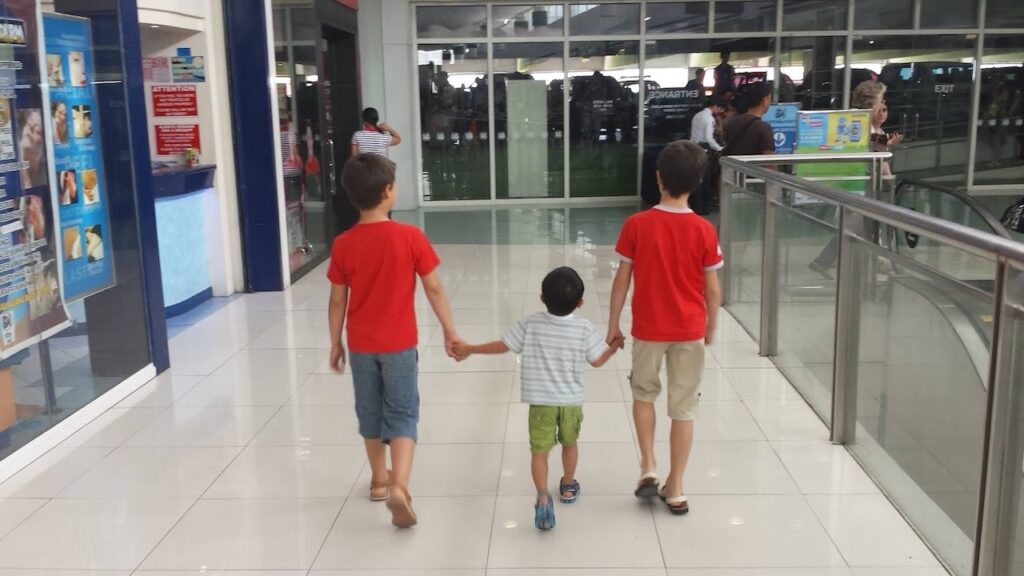
Hola, Mama Ester
On 20 March 2015, the day arrived to finally meet their son. Despite the long journey from Barcelona, Ester and her family couldn’t wait to see James. When they got to the hotel, another van pulled over. Ester’s heart was pounding, she knew her child was in the other van. “I remember getting out of the vehicle and ran straight to the other van and hugged my son. I told him, Hola Sweetie, how are you? and he said, Hola Mama Ester. My husband and the kids joined us in the huddle. Hola Papa Carlos, Hola Kuya Alex, Hola Daniel, he said,” narrates Ester as she tries to hold back her tears.
According to the social worker assigned to him, when James was three years old, it was clear to him that he wanted a family. James showed them his room and when he saw his friends, he grabbed his father’s hand and told the other kids, “This is my father, goodbye.” They went to Jollibee for their first lunch together as a family.
Getting to know each other
Flying back to Barcelona, James decided to put on a show at the airport at 3am. “He took off his shoes and once he did that, we knew that it meant a whole big drama. Just imagine a European family with a wailing Filipino child in the queue at the immigration officer. I was so nervous but luckily the officer just let us through.”
The first few days went fine as everybody was not yet busy with work and school. The real challenge came when James was left with his mother alone at home. “I took a 4-month maternity leave to be with him. The kids were in school and my husband was at work. It was when he realized that he was no longer in the Philippines.” Mother and son had problems with the language. James couldn’t express himself well and during the first three months, tantrums were common.
“He would shout, cry for hours. The only thing that I could do was to talk and hug him. He would hide under the table, crying. I would whisper to him that I love him so much, that he is my son. I would sometimes show him his photos at the orphanage with the nuns and his friends, he would calm down.” Three months later, James was already speaking Spanish and Catalan fluently. When he went to school that September he could already express himself.
Little by little, James had adapted to his new environment and his tantrums became fewer, but being a child as he was, Ester still had to deal with his “threats” of going away. “When he got angry he would say, ‘I am going to find another family’ but when his suitcase was “ready”, he would say, ‘I have thought that this family is not that bad anyway. I am staying’,” shares Ester, laughing out loud.
“I can’t imagine my life without James, he is one of the best decisions in my life.”
“Ester”, a Spanish mother who adopted in the Philippines
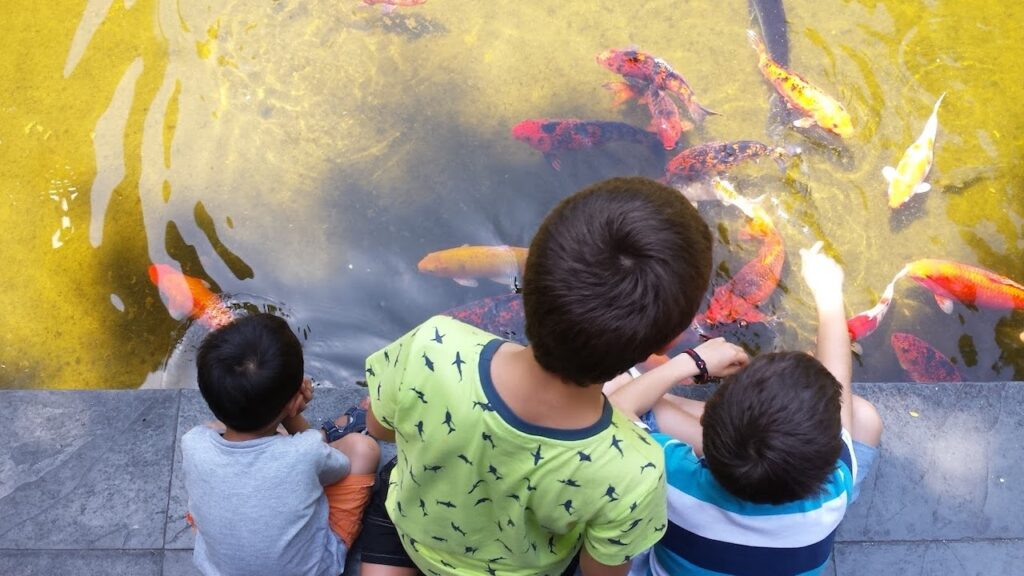
Best decision
I met Ester in 2018 when she was looking for a teacher to give her classes in Filipino. She wanted to learn Tagalog as James had joined the Iskwelang Pinoy, an educational program organized by the Centro Filipino in Barcelona, teaching third generation Pinoys Philippine culture. “At his first Christmas party at Iskwelang Pinoy, James had fun eating rice, pansit and other Filipino food for the first time since he came to Spain. He told me, ‘Mama, the food is like in the Philippines’.”
James, now twelve, has grown into a boy with a tender heart. Ester attributes this to how the nuns had raised him. His bond with his family has never been stronger. “Of course, there are some quarrels with his brothers but they love each other very much.”
From time to time, people tell Ester how lucky James is to have them as his family but she always corrects them, “I am the one who is lucky for having him in our lives.”
Adoption is hard and long, like pregnancy but instead of nine months, it took Ester five years to have James. She believes that the big problem is not giving birth, rather, the biggest challenge is the moment one decides to be a parent. That adoption is not a secondary motherhood. That it is not the parents who have the right to have kids, but it is every child’s right to have a family. “I can’t imagine my life without James, he is one of the best decisions in my life.”
This article was first published in TFEM’s Spring 2023 Issue. Ester’s name has been redacted due to privacy.
What's Your Reaction?
Nats Sisma Villaluna has been serving the Filipino community in Spain for more than 15 years. His volunteer works include teaching Spanish to Filipinos, and as artistic director of the Coro Kudyapi, a group of musically inclined young Filipinos in Barcelona. His passion to serve the Filipino community now extends to other countries in his role as Publisher and Editor-in-Chief of the new The Filipino Expat Magazine.

